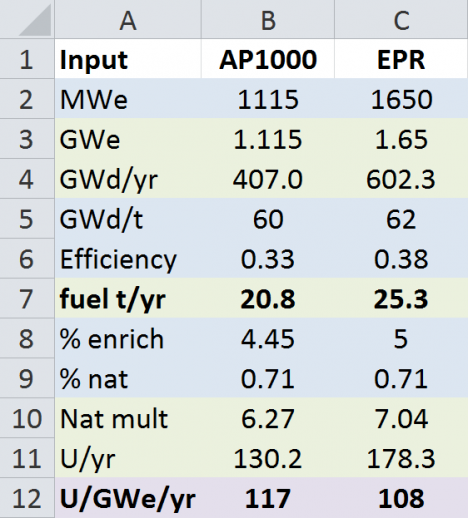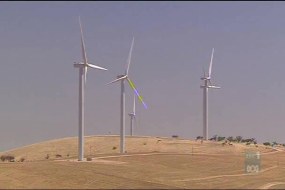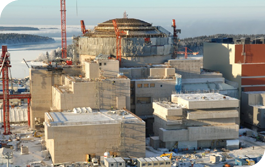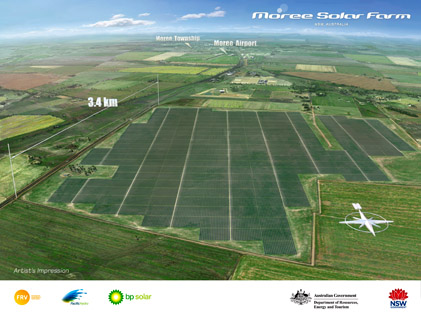The Christmas to New Year period is traditionally ‘hibernation mode’ for blogs, when page views and comment counts plummet (my hits have dropped about 70% compared to early December!).
I suppose this is a time when people find better things to do than sit in front of a computer screen (family time, good food, beach/snow [depending on hemisphere], travel, reading, new games and toys, whatever). So during this activity lull, it’s as good a time as any to announce a few little personal triumphs.
Within the last month or so I received two tokens of recognition for my work in the sustainable energy space. To explain what, I reproduce below a short write-up done by the University of Adelaide’s media office. I’ve added a few relevant hyperlinks and cites, for further information.
———————-
International recognition for Environment Professor
The University of Adelaide’s Professor Barry Brook — an environmental scientist who holds strong pro-nuclear energy views — has received recognition from two prominent international bodies.
Professor Brook, who is Director of Climate Science at the University’s Environment Institute, has become the first Australian appointed to the international award committee of the $1.2 million Global Energy Prize.
Known as the “Nobel Prize of Energy”, this is the most prestigious international award granted for outstanding scientific achievements in the field of energy that have benefited the human race. From Wikipedia:
The Global Energy Prize is an independent award for outstanding scientific research and technological development in energy, which contribute to efficiency and environmentally friendly energy sources for the benefit of humanity.
The award was established in Russia, through the non-commercial Global Energy partnership and with the support of leading Russian energy companies Gazprom, FGC UES and Surgutneftegaz. Laureates are presented with their award by the President of Russia.
The Global Energy Prize promotes energy development as a science and demonstrates the importance of international energy cooperation, as well as public and private investment in energy supply, energy efficiency and energy security. It stands for the belief that advances in science and technology should serve the long-term interests of human development, improving social security and living standards of people in all countries.
Professor Brook has also been made a 2012 Senior Fellow at the California-based think tank, The Breakthrough Institute.
The Institute is dedicated to “modernizing liberal thought for the 21st Century” and creating “secure, free, prosperous, and fulfilling lives on an ecologically vibrant planet”.
Both appointments are in recognition of Professor Brook’s work on energy policy. He holds strong views on the use of nuclear energy and alternative energy systems from an economic, environmental and scientific point of view.
“I’m honoured to have been chosen for the international selection committee of the Global Energy Prize and as a fellow of The Breakthrough Institute within a short space of each other,” Professor Brook says.
“Although many environmentalists consider nuclear power to be somehow anti-environment, it’s my firm belief that nuclear energy actually offers a viable low-carbon, low-impact alternative that cannot be matched by other low-carbon solutions.
Filed under: Hot News, Nuclear, Policy, Renewables | 33 Comments »






.png)
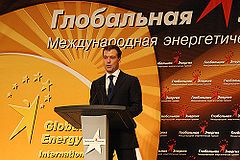
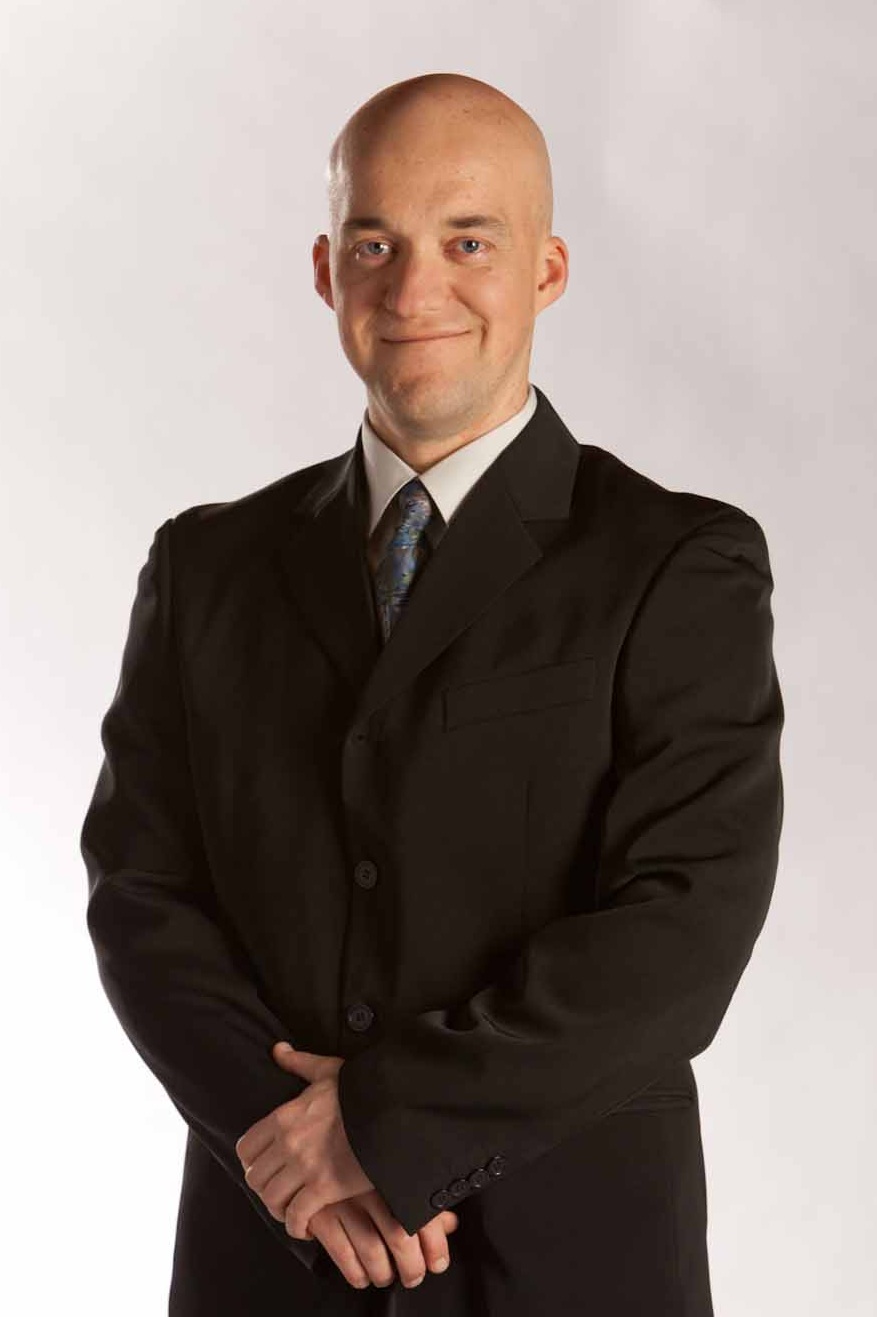
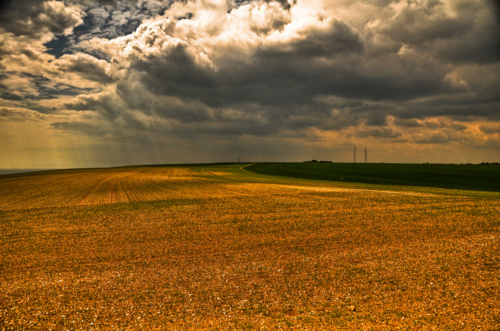


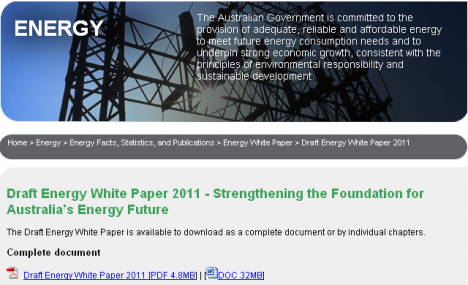



 The
The 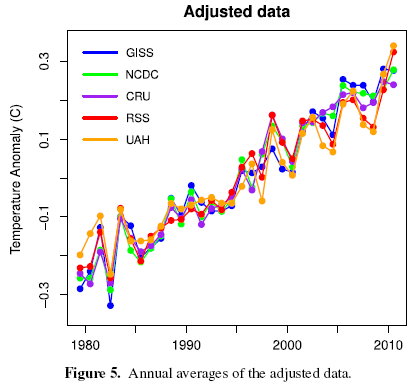


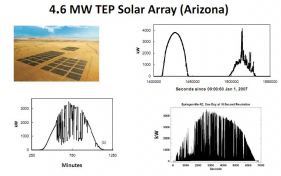
-1.jpg)

 Guest Post by
Guest Post by 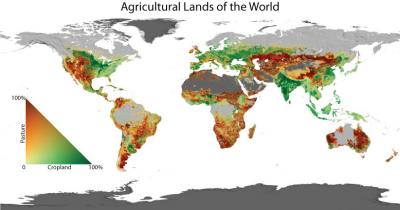
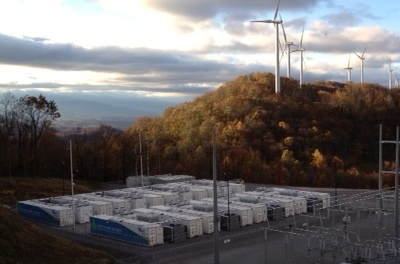
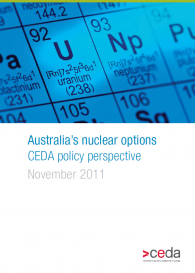

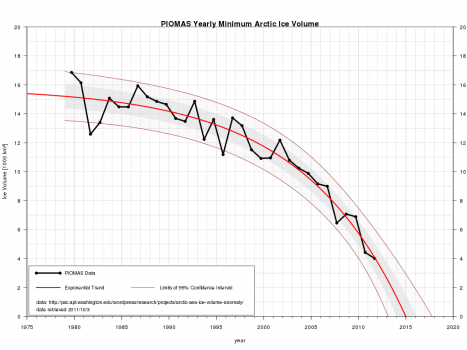
 This paper does not attempt to calculate the effects of carbon price on the LCOE or CO2 abatement costs, because:
This paper does not attempt to calculate the effects of carbon price on the LCOE or CO2 abatement costs, because: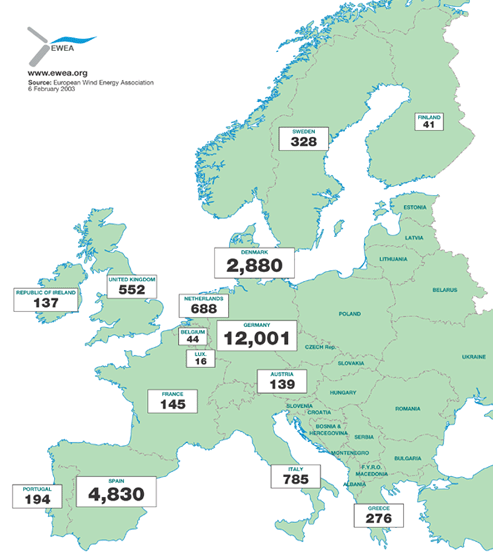
 Guest Post by
Guest Post by 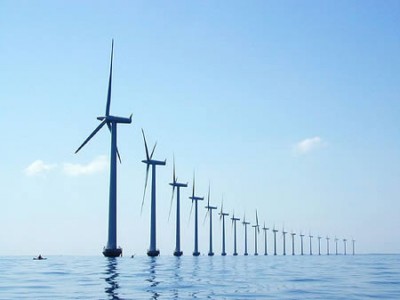 Strangely, proponents feel comfortable in making such statements, but show a noticeable lack of interest in actually demonstrating whether the statements are true. Why is this? In science the burden of proof falls upon the claimant and it would be desirable if the same principle were to apply to discussions about energy policies. (Notice by the way, that EREC+GP are not even satisfied with claiming that wind speeds in different parts of the North Sea are uncorrelated, but actually claim that speeds are anti-correlated.) Why is it, that an amateur like me [in energy analysis] feels the need to do his own computations to figure out such issues rather than just being able to read proper studies online?
Strangely, proponents feel comfortable in making such statements, but show a noticeable lack of interest in actually demonstrating whether the statements are true. Why is this? In science the burden of proof falls upon the claimant and it would be desirable if the same principle were to apply to discussions about energy policies. (Notice by the way, that EREC+GP are not even satisfied with claiming that wind speeds in different parts of the North Sea are uncorrelated, but actually claim that speeds are anti-correlated.) Why is it, that an amateur like me [in energy analysis] feels the need to do his own computations to figure out such issues rather than just being able to read proper studies online?